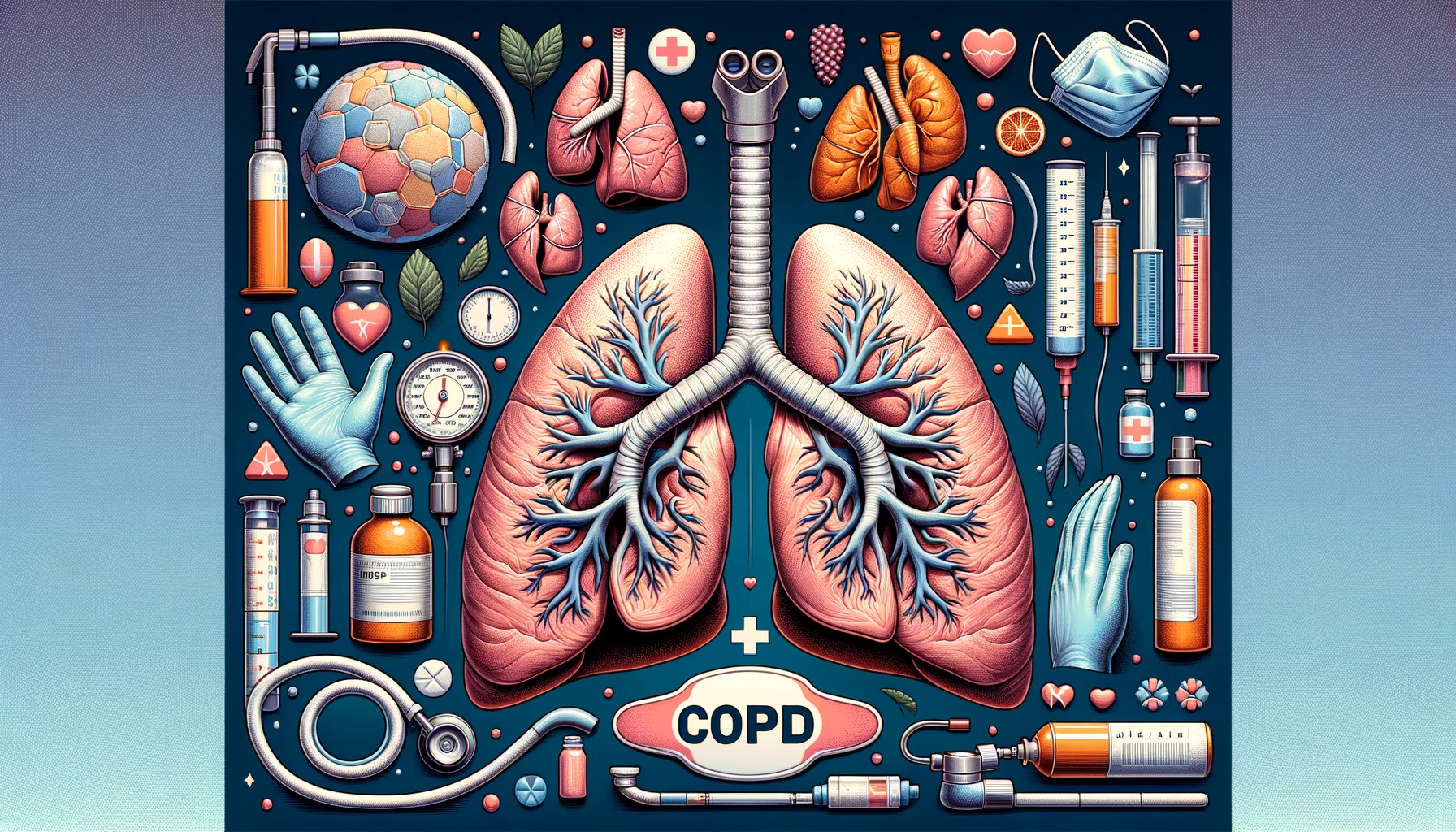A nursing care plan for tuberculosis involves comprehensive strategies and interventions to manage the disease and support patient recovery.

Blog
Comprehensive Nursing Care Plan for Tuberculosis
A nursing care plan for tuberculosis (TB) involves comprehensive strategies and interventions to manage the disease and support patient recovery. Tuberculosis is a contagious bacterial infection caused by Mycobacterium tuberculosis, primarily affecting the lungs but can spread to other parts of the body. Effective nursing care is essential for controlling the spread of TB, ensuring adherence to treatment, and providing holistic support to patients.
The first step in developing a nursing care plan for TB is a thorough assessment and diagnosis. This involves:
Collecting detailed patient history, including symptoms, exposure to TB, and risk factors such as immunosuppression and living conditions.
Performing a physical examination to identify signs of TB, such as persistent cough, fever, night sweats, and weight loss.
Conducting diagnostic tests, including chest X-rays, sputum analysis, and tuberculin skin tests, to confirm the presence of TB.
Ordering blood tests and other laboratory investigations to assess the patient's overall health and identify any comorbid conditions.
Based on the assessment, a nursing care plan is developed, focusing on the following key areas:
Implementing infection control measures to prevent the spread of TB, such as using personal protective equipment (PPE), isolating the patient, and promoting hand hygiene.
Ensuring adherence to antitubercular therapy (ATT), educating the patient about the importance of completing the treatment course, and monitoring for side effects.
Providing symptomatic relief for cough, fever, and other TB-related symptoms through medications, hydration, and rest.
Assessing the patient's nutritional status and providing dietary counseling to improve nutrition and support recovery.
Offering emotional support and counseling to address anxiety, depression, and other mental health issues related to TB.
The implementation phase involves carrying out the interventions outlined in the care plan, including:
Administering antitubercular drugs as prescribed, monitoring for side effects, and ensuring the patient understands the importance of adherence.
Educating the patient and their family about TB transmission, prevention, and the importance of completing the treatment course.
Regularly monitoring the patient's progress through follow-up visits, assessing symptom improvement, and adjusting the care plan as needed.
Collaborating with other healthcare professionals, such as physicians, nutritionists, and social workers, to provide comprehensive care.
The evaluation phase involves assessing the effectiveness of the nursing care plan and making necessary adjustments. Key evaluation criteria include:
Assessing the improvement in TB symptoms, such as reduced cough, fever, and weight gain.
Evaluating the patient's adherence to the antitubercular therapy and addressing any barriers to compliance.
Ensuring effective infection control measures are in place and reducing the risk of transmission to others.
Assessing the patient's overall well-being, including physical, nutritional, and psychological health.
Nursing care for TB patients can be challenging due to several factors, including:
Addressing the stigma and discrimination associated with TB, which can affect the patient's mental health and willingness to seek treatment.
Managing multidrug-resistant TB (MDR-TB) and extensively drug-resistant TB (XDR-TB), which require longer and more complex treatment regimens.
Addressing comorbid conditions, such as HIV/AIDS, diabetes, and malnutrition, which can complicate TB management.
A comprehensive nursing care plan for tuberculosis is essential for effective disease management and patient recovery. By focusing on infection control, medication management, symptom relief, nutritional support, and psychological care, nurses can play a crucial role in controlling TB and improving patient outcomes. Ongoing education, support, and collaboration with other healthcare professionals are vital for the successful implementation of the care plan. Addressing the challenges associated with TB nursing care, including stigma, drug resistance, and comorbid conditions, is also critical for achieving positive health outcomes.
HealthOK Global's dedicated care team provides essential healthcare assistance for the elderly in India, ensuring they receive comprehensive support in the comfort of their homes. From routine medical check-ups and medication management to personalized nursing care and emergency response services, our expert caregivers are committed to enhancing the quality of life for seniors. With our FREE 24 x 7 Healthcare Helpline, you can reach us anytime at +91-8047190955 (India) or +1-888-462-1804 (USA) to ensure your loved ones receive the best possible care.
The first step in developing a nursing care plan for TB is a thorough assessment and diagnosis. This involves:
Based on the assessment, a nursing care plan is developed, focusing on the following key areas:
The evaluation phase involves assessing the effectiveness of the nursing care plan and making necessary adjustments. Key evaluation criteria include:
Need Personalized Health Guidance?
Get expert advice tailored to your specific health needs from our qualified healthcare professionals.





